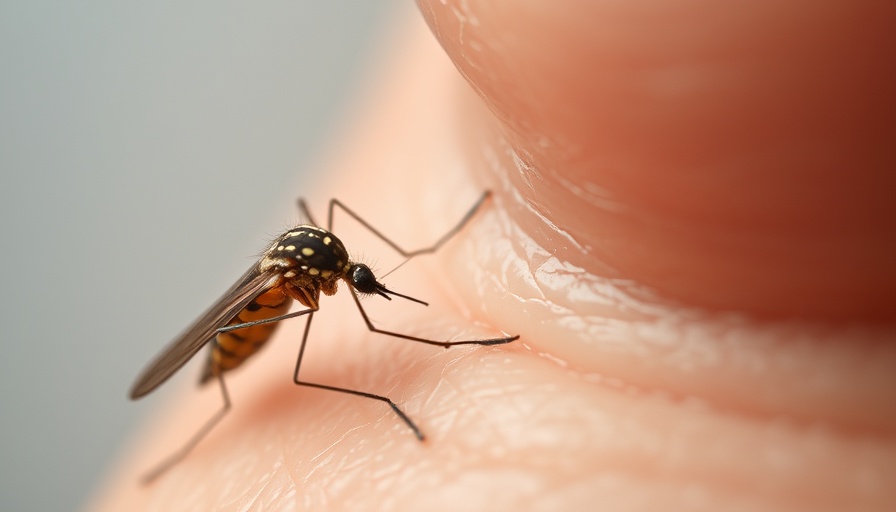
Understanding the Link Between Ultra-Processed Foods and Lung Cancer
The growing body of research linking ultra-processed foods to serious health issues has recently gained attention due to a new study indicating that these foods could increase the risk of lung cancer. According to a study led by Yongzhong Wu from Chongqing Cancer Hospital, the consumption of ultra-processed foods was notably associated with a higher likelihood of developing lung malignancies. The findings were published in the journal Thorax on July 29, 2025.
What Are Ultra-Processed Foods?
Ultra-processed foods, such as packaged baked goods, sugary cereals, and ready-to-eat meals, typically contain high levels of added sugars, fats, and salt, along with various additives. This study analyzed dietary intake data from the U.S. Prostate, Lung, Colorectal and Ovarian (PLCO) Cancer Screening Trials, focusing specifically on the 102,000 participants who submitted detailed dietary questionnaires. Remarkably, the average American enrolled in this study consumed three servings of ultra-processed foods per day.
The Rising Health Concerns
Experts have already linked ultra-processed foods to numerous health problems, including obesity, heart disease, diabetes, and depression. The latest study adds lung cancer to this alarming list. After tracking participants over an average of 12 years, researchers found that those who ranked in the top 25% of ultra-processed food consumers were 41% more likely to develop lung cancer, even when adjusting for common risk factors like smoking.
Why Are You at Risk?
The study underscores a critical nutritional trend: as people consume more ultra-processed foods, their intake of fresh and minimally processed foods—such as fruits, vegetables, and whole grains—declines. This lack of healthy options is concerning, as these foods are known for their cancer-fighting properties. Wu emphasized that while the study does not confirm a direct cause-and-effect relationship, a clear link does exist that merits further exploration.
Moving Forward: Reducing Your Risk
Experts call for larger, longitudinal studies to confirm these findings across different populations. However, the implications are clear. By moderating the intake of ultra-processed foods and focusing on healthier dietary choices, individuals could potentially reduce their lung cancer risk. Encouraging a diet rich in whole, minimally processed foods may not only enhance overall health but also serve as a frontline defense against major health issues.
For those concerned about their dietary habits and wanting to explore healthier options, connecting with a healthcare professional could provide valuable insights. Contact us for more details.
 Add Row
Add Row  Add
Add 




Write A Comment